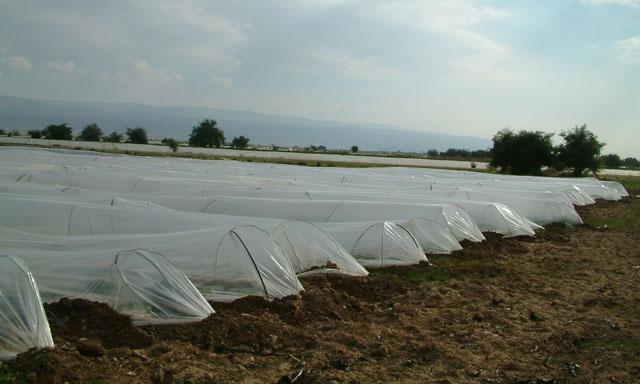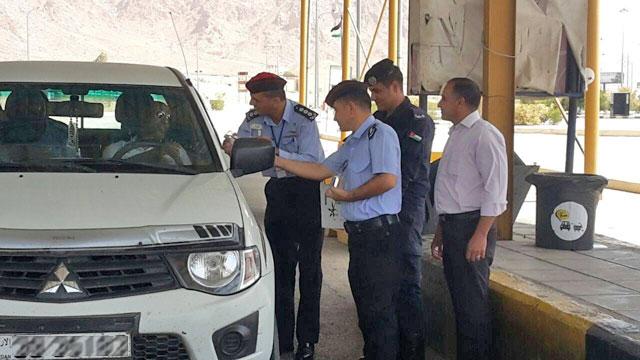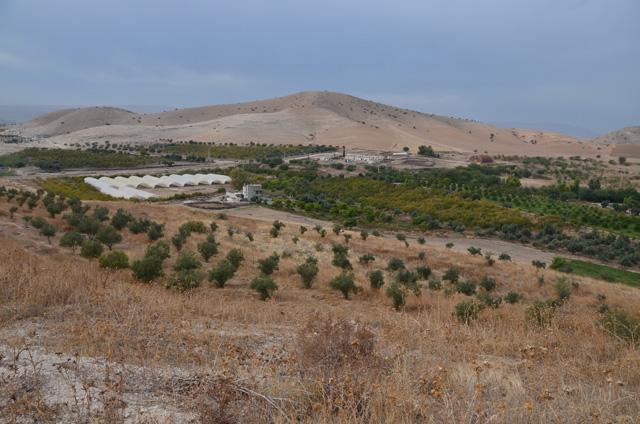You are here
‘High salinity levels in southern, central Jordan Valley prevent citrus farming’
By Muath Freij - Nov 11,2014 - Last updated at Nov 11,2014

AMMAN — Many farmers in the Southern and Central Ghor are focusing on protected agriculture instead of planting citrus trees, Abdul Kareem Shihab, head of the Jordan Valley Agriculture directorate, said on Tuesday.
Shihab noted that weather and soil conditions make planting citrus trees more feasible in the northern rather than the southern and central regions of the Jordan Valley.
“Around 60,000 dunums are planted with citrus trees in the Northern Ghor,” he told The Jordan Times over the phone.
Shihab said farmers do not cultivate their lands with citrus trees in the southern and central Jordan Valley because of the high levels of salinity in the soil; moreover, salinity levels are high in the water that they receive from the King Talal Dam.
“Citrus trees are sensitive when it comes to salinity, and so the northern region of the Jordan Valley is a more suitable environment to plant them because of the low salinity levels,” he explained.
Shihab noted that the high cost of citrus production also discourages farmers in the southern and central areas, who resort to growing crops in greenhouses instead.
“They cultivate tomatoes, cucumbers and beans in the greenhouses. The farmers will also start planting palms because the weather conditions are suitable and they can depend on these trees financially,” he added.
Agriculture Ministry Spokesperson Nimer Haddadin said citrus is the oldest crop planted by farmers in the Northern Ghor.
“The local production of citrus covers 80 to 90 per cent of Jordan’s needs, so we have not achieved full self sufficiency,” he told The Jordan Times.
Related Articles
AMMAN — Temperatures on Wednesday will drop back to their annual average for this time of the year as the impact of a four-day heatwave tape
AMMAN — Farmers in the Jordan Valley have reported losses worth well over JD1 million following last weekend’s extreme weather, the Jordan V
AMMAN — The Ministry of Agriculture on Saturday warned farmers of citrus fruits against picking fruits too early, noting that its inspection














